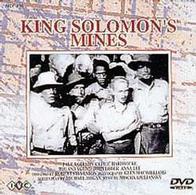- ホーム
- > 洋書
- > 英文書
- > Psychology
Full Description
How do children learn their first words? The field of language development has been polarized by responses to this question. Explanations range from accounts that emphasize the importance of cognitive heuristics in language acquisition, to those that highlight the role of "dumb attentional mechanisms" in word learning. This monograph offers an alternative to these accounts. A hybrid view of word-learning, called the emergentist coalition theory, combines cognitive constraints, social-pragmatic factors, and global attentional mechanisms to arrive at a balanced account of how children construct principles of word learning. In twelve experiments, with children ranging from 12 to 25 months of age, data are described that support the emergentist coalition theory.
Contents
Abstract I. What Does it Take to Learn a Word?. II. The Emergentist Coalition Model. III. The Interactive Intermodal Preferential Looking Paradigm: Camille Rocroi (Johns Hopkins University). IV. Learning Novel Nouns: Children use Multiple Cues: Rebecca J. Brand (University of Oregon). V. What Does it Take for 12-Month-Olds to Learn a Word?: Elizabeth Hennon (Temple University), He Len Chung (Temple University), and Ellie Brown (Haverford College). VI. IS 12-Month-Old Word Learning Domain-General, Socially Determined, or Emergent? VII. General Discussion. References. Acknowledgments. Commentary: Pushing the Limits on Theories of Word Learning: Lois Bloom (Columbia University). Contributors. Statement of Editorial Policy.








